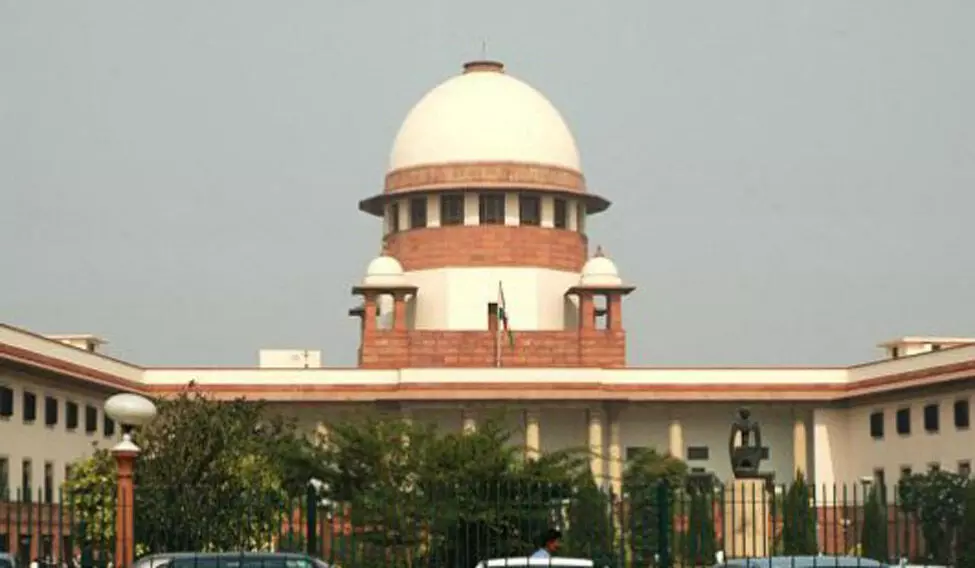Sealed cover procedure contrary to basic principle of fair process in court of law: SC

New Delhi: The sealed cover procedure is fundamentally contrary to the basic principle of "fair process" in a court of law and there should be an end to it, the Supreme Court on Monday said while refusing to accept the Centre's sealed cover note on payment of One Rank-One Pension (OROP) arrears to ex-service personnel.
A bench of Chief Justice D Y Chandrachud and Justices P S Narasimha and J B Pardiwala refused to accept the sealed cover note being filed by Attorney General R Venkataramani.
"We want to put an end to this sealed cover procedure which is being followed by the Supreme Court because the high courts will follow it and this is fundamentally contrary to the basic principle of fair process in a court of law," the bench said.
"Please share the sealed cover with the opposite side or take him to the chamber. We want to put an end to the sealed cover business being followed by the Supreme Court since High Courts also follow it," the CJI said.
Significantly, the same bench had earlier refused to accept the Centre's suggestion in a sealed cover and said that it will maintain "fullest transparency" to protect investors' interest.
The bench was then hearing PILs for strengthening regulatory measures for stock markets in the wake of the Adani Group shares crash triggered by Hindenburg Research's fraud allegations.
The CJI said that he was personally averse to sealed covers and the high courts may also start doing this on the ground that the same is being done by the top court.
"I am personally averse to sealed covers. There has to be transparency in court," he said, adding that this was about implementing the court orders and hence there was no secret about it.
The moment the top law officer insisted citing sensitivity of the contents, the bench said, "Sorry, sorry. We will not take this sealed cover. Please take it back or read it."
The bench said that whenever the government claims privilege over a communication it will decide the issue whether a document can be kept in a sealed cover.
The bench was hearing the Indian Ex-Servicemen Movement's (IESM) plea over payment of OROP dues.
While hearing a batch of PILs related to the Adani-Hindenburg issue, the bench had told Solicitor General Tushar Mehta that "if we accept the set of suggestions from you in a sealed cover that means the other side has not seen them. Even if we don't accept your suggestion, they will not know which of your suggestions we have accepted and which we have not. Then there may be an impression that well, this is a government appointed committee which the Supreme Court has accepted..."
"So we want to maintain the fullest transparency in the interest of protecting the investors. We will appoint a committee of our own which might be altogether better and that will promote the sense of transparency and confidence in the process," the bench had said.



